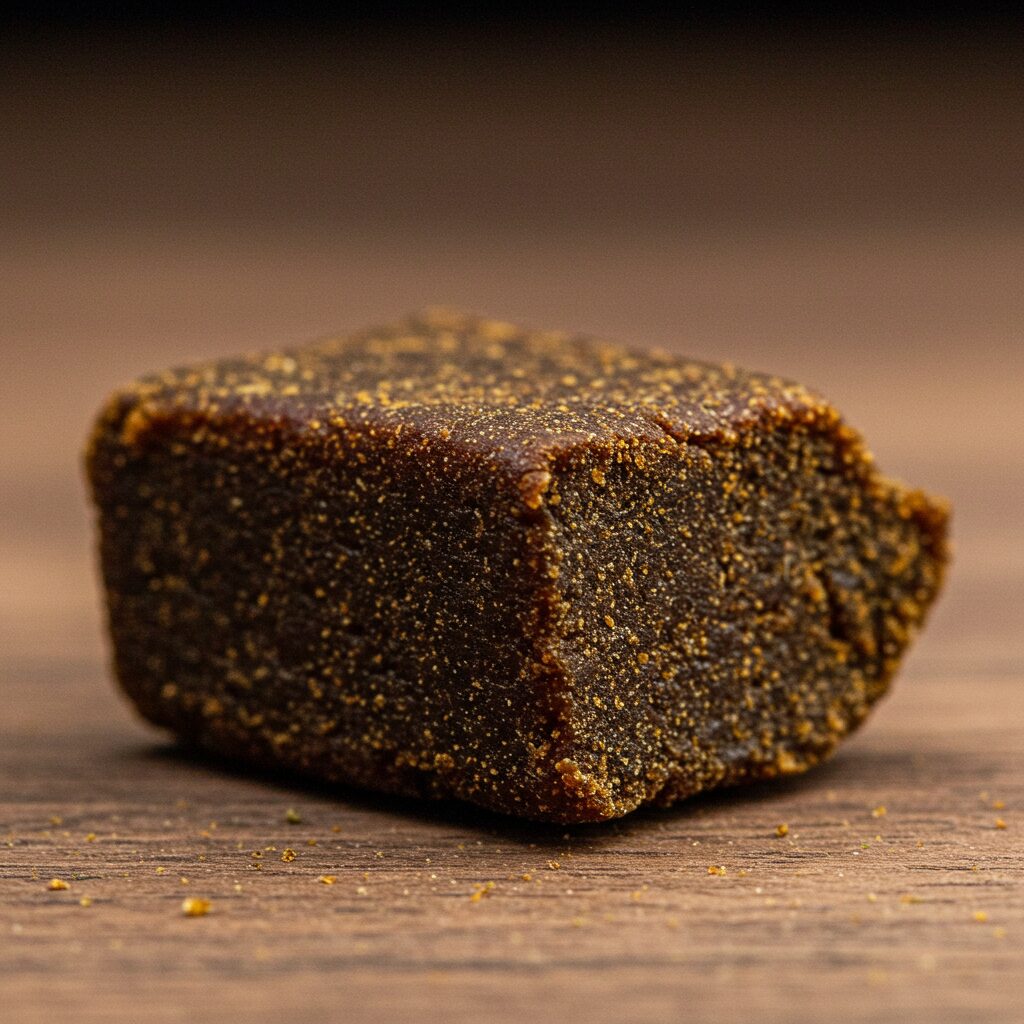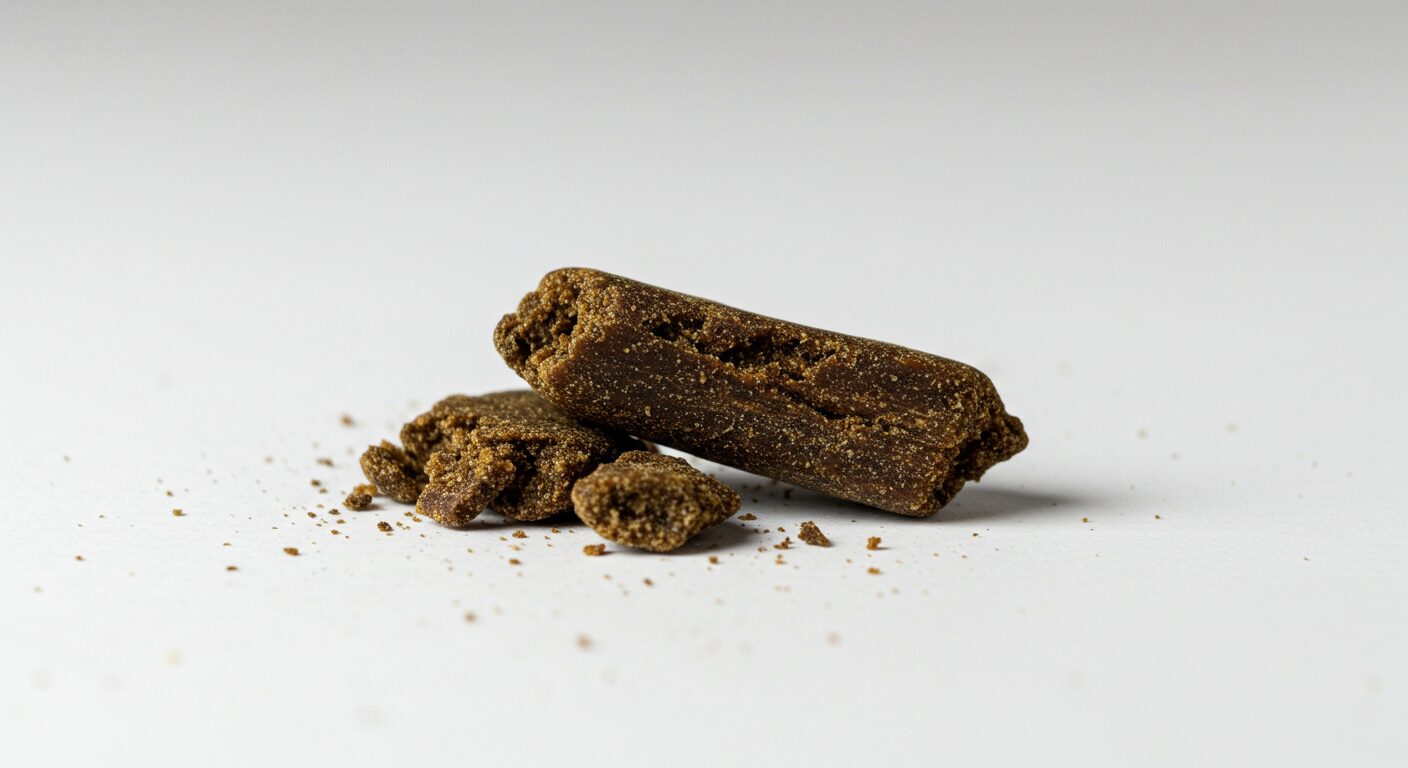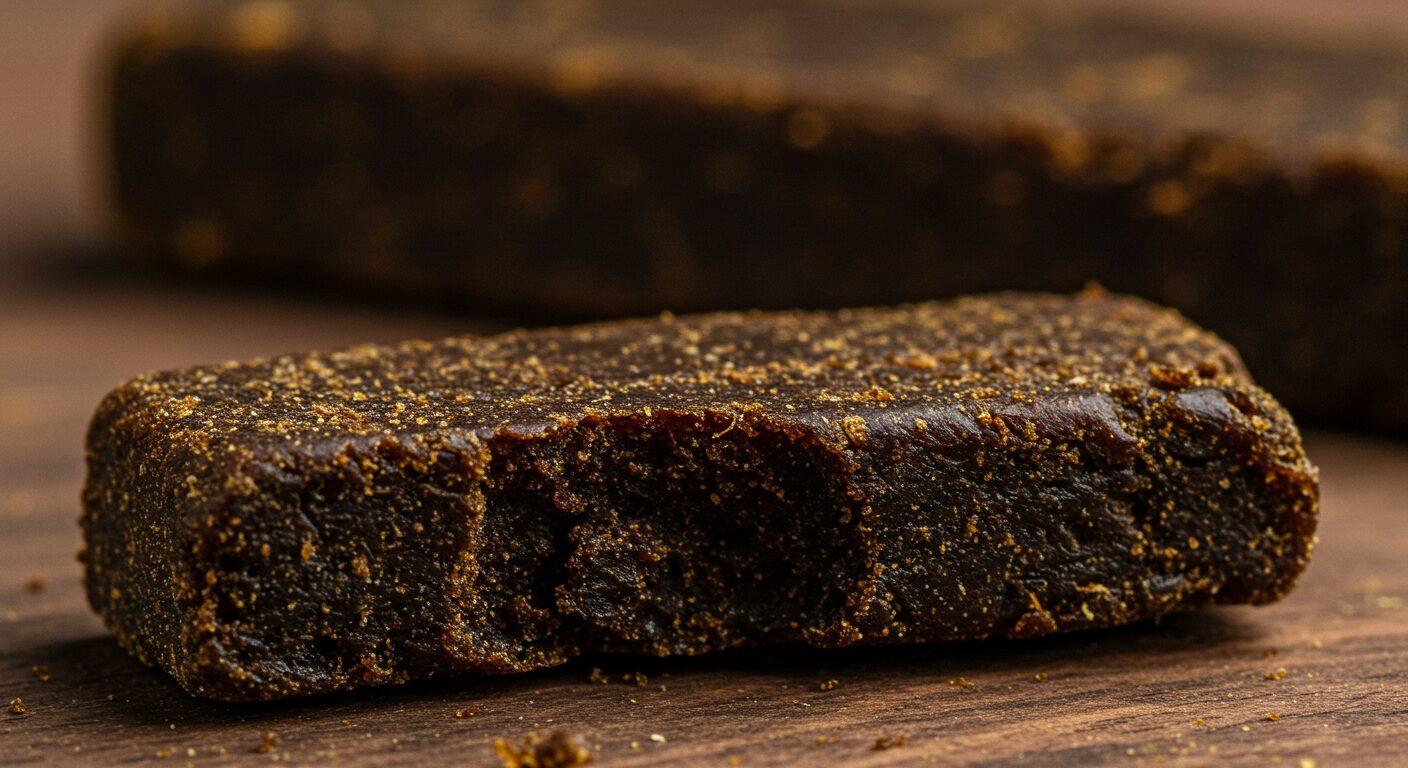

Introduction
When discussing the world's most iconic cannabis concentrates, regions like Morocco, Afghanistan, and Lebanon often come to mind. However, Turkey has a deep-rooted and often overlooked history with hashish, stretching back centuries. Known for its rich soil, ancient agricultural practices, and cultural crossroads, Turkey played a pivotal role in the production and trade of traditional hashish.
In this article, we explore the history of Turkish hash, its traditional preparation methods, cultural importance, and its role in the larger Middle Eastern and Mediterranean cannabis trade. For those interested in the roots of global hash culture, Turkey’s contribution is both significant and historically rich.
Turkish hash is a traditional form of pressed cannabis resin, often dark and pliable, made by collecting and compressing trichomes from locally grown cannabis plants. While not as widely produced or exported today as Moroccan or Afghan hash, Turkish hash was historically appreciated for its balanced potency, earthy aroma, and smooth smoke.
Traditionally, Turkish hash varied in color and texture depending on region, altitude, and preparation methods, but it commonly presented as:
Turkey's long-standing relationship with cannabis dates back to ancient Anatolia, where early civilizations, including the Hittites, Phrygians, and Greeks, are believed to have utilized hemp and cannabis for fiber, medicine, and ritualistic purposes.

During the Ottoman Empire (1299–1922), cannabis cultivation and hashish production spread throughout the empire, from Balkans to the Middle East. Hashish, along with opium and coffee, was part of a broader social and spiritual culture.
Turkish hash was typically made using hand-rubbing or dry-sieving methods, depending on the region and climate. While not standardized across the country, common practices included:
Hash quality depended on trichome purity, absence of plant material, and curing time.
In the early 20th century, hashish was commonly used in various Turkish communities, especially in rural areas where it was seen as a natural medicine or recreational aid. However, changing global views on drugs in the mid-20th century began to reshape Turkey’s relationship with cannabis.
As of 2025, cannabis remains illegal for recreational use in Turkey, but the country has made progress in industrial hemp cultivation. The Turkish Ministry of Agriculture has authorized select provinces to grow hemp for fiber and research, contributing to eco-industrial initiatives.

Hash Type | Origin | Texture | Aroma/Flavor | THC Content* |
|---|---|---|---|---|
Turkish Hash | Turkey | Soft-medium | Earthy, spicy, herbal | ~15–30% |
Afghan Hash | Afghanistan | Sticky, dark | Spicy, piney, sometimes floral | ~30–40% |
Moroccan Hash | Morocco | Crumbly, hard | Woody, dry, mellow | ~20–30% |
Lebanese Hash | Lebanon | Powdery, red or blonde | Sweet, floral, fruity | ~20–30% |
* THC content varies by method, strain, and purity.
The story of Turkish hash is one of deep tradition, cultural nuance, and evolving legal landscapes. From Ottoman cafés to rural Anatolian farms, hashish was once a meaningful part of Turkish daily life and spiritual practice.
While modern regulations have curtailed its production, the legacy of Turkish hash lives on, both in the memories of older generations and the growing global interest in the roots of cannabis concentrate culture.
As legalization efforts expand worldwide, perhaps one day Turkish hash will reemerge not just as a relic of the past, but as a revived artisanal product, respected for its history, craftsmanship, and connection to the land.
Sometimes it’s nice to put in text just to get an idea of how text will fill in a space on your website.
Who We Are
Welcome to Hash Online Canada, your trusted destination in the heart of Canada’s thriving cannabis market. We’re proud to deliver premium hash products that combine exceptional quality with unbeatable value.
Contact Us
Have questions or need help? Our expert team is here for you. Whether you're looking for product information or personalized advice, we’re ready to assist. Reach out to us today with any inquiries!
Email: [email protected]